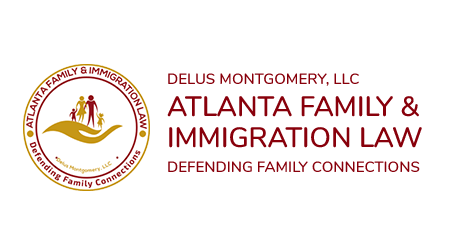STEP-BY-STEP GUIDE TO THE EVICTION PROCESS
Every day, landlords and tenants across Georgia enter into a rental agreement designed to benefit both parties. Unfortunately, the landlord-tenant relationship is like other arrangements: sometimes it doesn’t work out as hoped and they must enter the eviction process.
Unlike some other states, Georgia law does not make it difficult for landlords to evict tenants who violate their lease agreement or don’t pay their rent. It does prohibit threats, shutting off utilities, removing tenant property, and other forms of ‘self-help’ eviction, all of which are illegal and could subject the landlord to criminal charges and a tenant lawsuit.
Below is a step-by-step guide to a legally valid eviction in Georgia.
The Five Steps of the Georgia Eviction Process
Step One: The Landlord Issues an Eviction Notice
The process begins when the landlord serves the tenant with an eviction notice. While the notice does not have to be in writing to be legal, doing so can ensure that the landlord has provided the tenant with all the necessary information, which includes:
- The tenant’s name
- The address of the rental unit
- The date the notice was served
- The reason for issuing the notice
- The amount of rent due, along with a statement that the tenant has to pay it by a certain date or eviction proceedings will begin
While state law does not indicate how long landlords have to wait before commencing an eviction lawsuit, which is also known as a dispossessory proceeding, the best practice is to wait at least three days.
Sometimes, tenancies are terminated without cause. In this instance, Georgia law requires landlords to wait until the end of the lease term. For month-to-month tenancies, the tenant must receive a 60-day written notice. With fixed-term tenancies, the landlord must wait for the lease to end and no notice is required unless the rental agreement states that one will be delivered. If the tenant does not leave, the landlord can evict them.
Step Two: The Landlord Files a Dispossessory Action
If the tenant does not comply with the eviction notice, the landlord needs to obtain a dispossessory affidavit that contains the following information:
- The tenant’s full name
- The reason(s) why they are being evicted
- A statement that they refused to comply when the landlord demanded possession of the property
- The amount of overdue rent (if applicable)
The sheriff will then serve a summons on the tenant, who has seven days to answer it.
Step Three: The Tenant Answers (or Ignores) the Summons
When the tenant answers the summons and presents a defense to the eviction, the court will schedule a hearing within 10 days. Potential defenses include the landlord treating them in a discriminatory manner or failing to maintain the rental unit.
If they don’t answer, the landlord can ask the court for a Writ of Possession, which is served on the tenant and requires them to leave the unit within 24 hours.
Step Four: The Tenant Answers (or Ignores) the Summons
If the tenant still does not leave, the next step is an eviction hearing. If the landlord wins, the judge will issue a Writ of Possession ordering the tenant to leave within 10 days and may even issue a judgment for monetary damages. If the court decides in favor of the tenant, they may remain in their home. Both sides have the option of appealing the judgment if they disagree.
Step Five: The Eviction
If the court issues a Writ of Possession and the tenant does not vacate, the sheriff will forcibly evict them and the landlord may remove and dispose of their personal belongings.
The Georgia eviction process is a unique one. Unlike other states, the process does not have too many rules for evicting a problematic tenant. As you long as you follow the legal process, the process can be rather smooth and fast.
Contact a Georgia Tenants’ Rights Attorney about the Eviction Process
While Georgia law does not impose too many restrictions on landlords who want to evict problematic tenants, tenants retain many legal rights that have to be respected. At Atlanta Family & Immigration Law, we advise both landlords and tenants on their respective rights in a dispute or eviction situation and work with clients to ensure that the outcome to a dispossessory action is justified. For more information, please call (678) 679-6415 or contact us.





